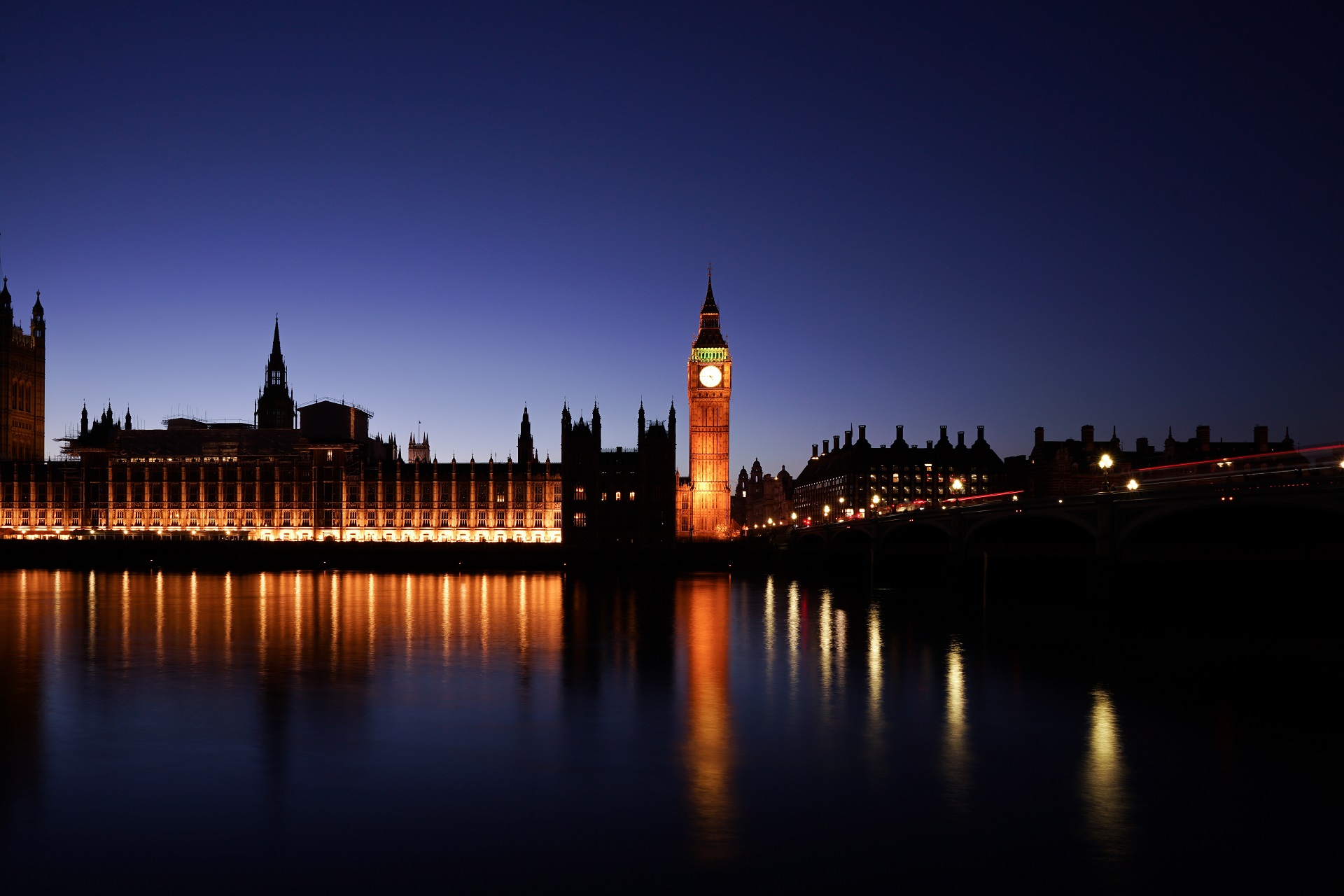
Savanta ComRes decided to ask MPs a number of questions on environmental issues and whether it may impact the upcoming local elections and the elections in the Senedd and Holyrood.
The Government has pledged to bring the country to net zero emissions by 2050; some environmentalists argue that it should not take so long to reach net zero, whilst other opponents disagree that the plan is needed at all.
Despite the Government’s pledge, one in six (16%) MPs believe that man-made causes of climate change are exaggerated...
Half (46%) of MPs believe that green policies are now more important to voters than they were in the last election, whilst one in three (32%) MPs disagree.
MPs with their constituency in London are the biggest believers that green policies are more important for voters than at the last election (71%).
Conversely, amongst MPs with their constituencies in the Midlands only one in ten (8%) believe green policies are now more important to voters.
Despite the Government’s pledge, one in six (16%) MPs believe that man-made causes of climate change are exaggerated, whilst three in five (60%) MPs disagree.
Nearly all (95%) Labour MPs disagree the man-made causes of climate change have been exaggerated, falling to just two in five (37%) Conservative MPs.
One argument to help combat climate change is to move away from petrol and diesel vehicles in exchange for electric vehicles. Seven in ten (69%) MPs believe that moving towards more electric vehicles is an effective way of combatting climate change, whilst only one in ten (12%) MPs disagree.
Seven in ten (69%) MPs also believe that political parties should be doing more to promote electric vehicles to consumers, whilst one in five (19%) MPs disagree with this strategy.
Another strategy to help combat climate change is to reduce meat consumption. MPs, however, do not appear convinced by this argument. One in three (33%) MPs believe moving to a vegetarian or vegan diet is an effective way of combatting climate change, whilst half (50%) the Commons disagree.
MPs in the South of England appear the most sceptical about this argument, as four in five (82%) do not believe this is an effective strategy to combat climate change.
It also appears that MPs disagree that political parties should promote the vegetarian or vegan lifestyle, as only one in five (19%) MPs believe political parties should do so. Nearly two in three (63%) MPs do not believe it should be promoted.
The largest support for political parties promoting these lifestyles comes from London-based MPs, as two in five (40%) agree political parties should do more to promote them, whilst not a single Midlands MP questioned believe so.
One in five (21%) MPs are concerned that if more green policies are not pursued, it may risk losing votes to the Greens in the upcoming local/mayoral elections.
The majority (56%) of MPs are unconcerned at this prospect, however. Conservative MPs are the least concerned at losing votes to the Green Party if green policies are not pursued, as three in four (72%) are not concerned, whilst only one in twenty (7%) Conservative MPs show concern. Conversely, Labour MPs appear to show the most concern at the prospect of losing votes to the Green Party if more green policies are not pursued, as half (49%) state concern, whilst one in three (36%) are unconcerned at the prospect.
Similarly, MPs do not appear worried about the prospect of losing votes to the Greens in the upcoming Devolved elections. One in six (17%) MPs are concerned that they may lose votes if more green policies are not pursued, whilst half (53%) are not concerned at the prospect.
This result almost mirrors MPs’ opinions on the next General Election, as only one in seven (14%) MPs are concerned votes for their party will be lost to the Greens if more green policies are not pursued, whilst three in five (58%) are not concerned. Three in ten (28%) Labour MPs are concerned their party may lose votes to the Greens in the next General Election, whilst two in five (43%) are unconcerned.





